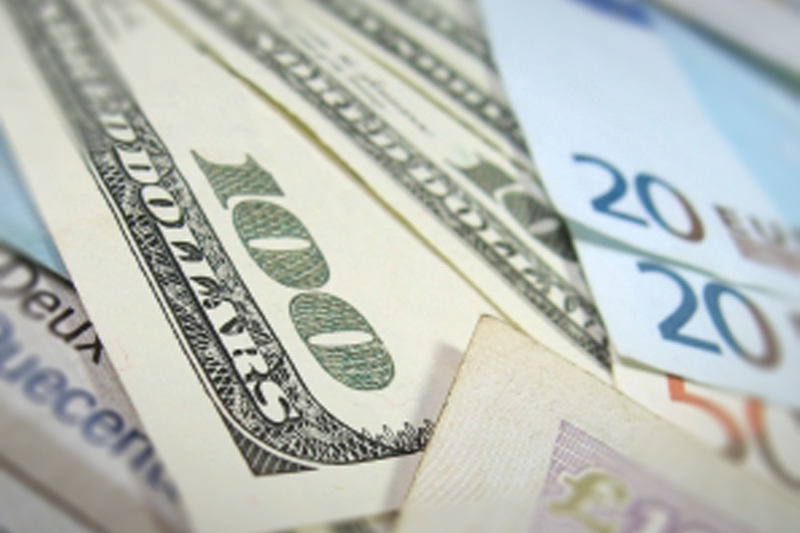Investing.com -- The euro remained relatively stable against the U.S. dollar on Monday, as the European Central Bank began its highly-anticipated €60 billion a month bond buying program and the euro zone struck down Greece's latest proposal of reform measures required as part of its bailout package from its European creditors.
EUR/USD inched 0.0001 forward to 1.0853 to halt a seven day streak of losses. The pair reached a daily-high of 1.0854 in U.S. morning trading before falling back to 1.0851 on a day of restrained trading.
There was little movement with the pair on Monday afternoon, following an announcement from the euro zone that Greece fell "far short," with the reform measures it presented to a group of Europe's finance ministers two weeks ago. On Feb. 20, Greece and the euro zone tentatively agreed to extend the €240 billion stimulus program, which is set to expire in June.
"We've talked about this long enough now," said Dutch Finance Minister Jeroen Dijsselbloem, chairman of the euro zone. "We only have four months, let's get it done."
Technical discussions between Greece and its troika of creditors, the European Commission, European Central Bank and the International Monetary Fund, are now set for Wednesday in Brussels. Greece finance minister Yanis Varoufakis said his nation only has enough money to pay for salaries and pensions of public employees. At the end of this week, Greece owes roughly €2 billion in Treasury bill redemptions as well as obligations to the IMF.
Greece is seeking an additional 7 billion from its creditors to fulfill its short-term obligations. Varoufakis told an Italian newspaper on Sunday that Greece is considering holding a referendum to allow voters to decide whether the euro zone's measures are acceptable. Greece could default on its obligations if a deal is not reached and it decides to leave the euro zone.
In Germany, the yield on 10-year bunds plunged more than 20% in late afternoon trading to 0.31. On Friday, the spread between 10-year bunds and 10-year U.S. Treasuries reached a 25-year low. The European Central Bank opened its quantitative easing program on Monday by reportedly making bond purchases on the German, French, Italian and Belgian markets.
After reaching a record-high last week, the U.S. Dollar Index rose slightly to 97.64 – a gain of 0.01%. The index measures the strength of the greenback against a basket of six major currencies.
